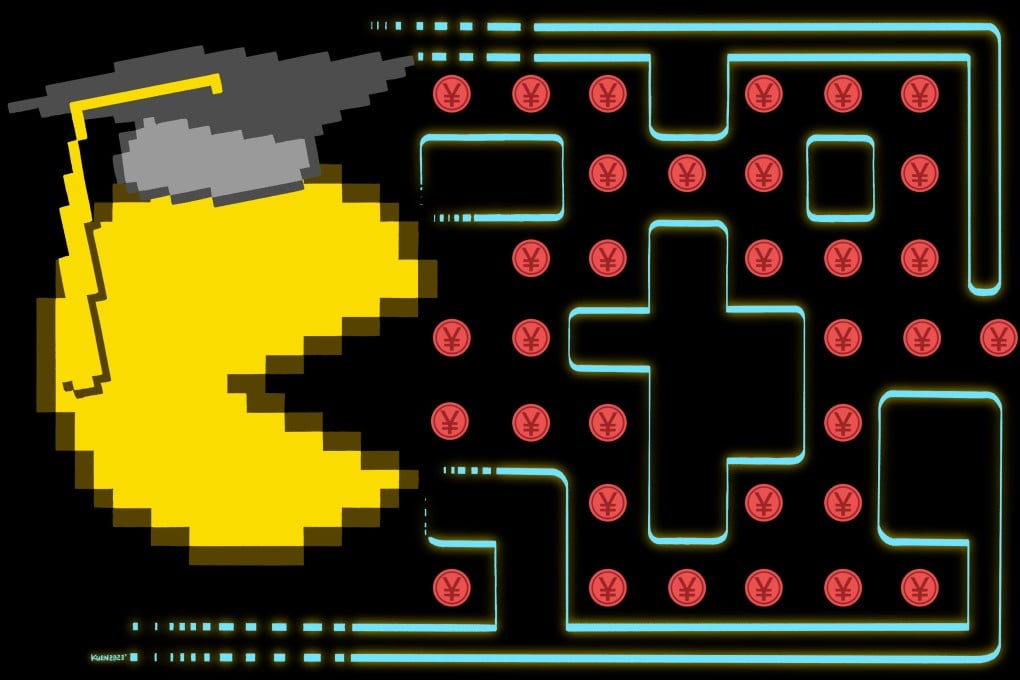China education: 2 years after tutoring crackdown, parents still find ways to feed their ‘gold-swallowing beasts’
- Life after legal tutoring services for academic classes has resulted in China’s penny-pinching parents making an exception to secure their kids an intellectual edge
- Central leaders want to discourage extra academic work for students, to promote social equality, but academic products are commanding high prices

For Liu Hao, the mother of an 11-year-old boy in eastern China’s Ningbo city, July brought her biggest set of monthly expenses in more than three years.
Besides everyday living costs, she spent more than 40,000 yuan (US$5,500) on her son alone – about 25,000 yuan on a study trip to Japan, 10,000 yuan on an after-school tutoring centre, and the rest for summer camp.
“There’s a reason kids are called gold-swallowing beasts,” she quipped, using a popular Chinese nickname used to describe high child-rearing costs.
“His father and I don’t dare to spend too much on other items, since our salaries have stagnated for the past couple of years,” said Liu, who works at a trade company. “If there’s one thing that we’re still generous with, it’s our child’s education.”
While broadly tightening their purse strings amid weak income expectations in a slowing economy, Chinese consumers are still splashing out on educational products, even as the government has been discouraging extra academic work for students for the past couple of years.